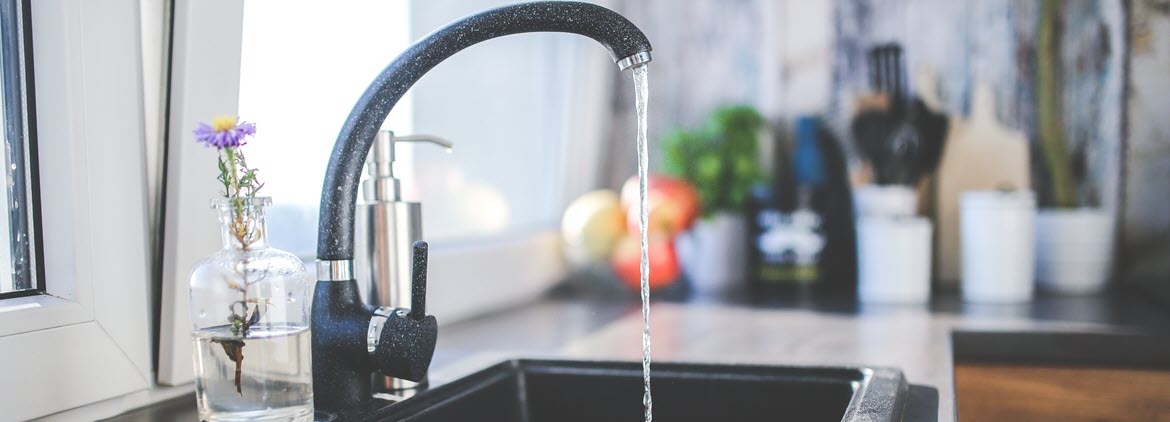Pointers for Dealing with a Blocked Drain Before Contacting Expert Assistance
Pointers for Dealing with a Blocked Drain Before Contacting Expert Assistance
Blog Article
They are making a few great pointers on What I learned from trying to deal with a clogged drain in general in this post following next.

Intro
Handling an obstructed drain can be an aggravating experience, disrupting daily tasks and potentially triggering damage to your property. Nevertheless, before connecting to pipes professionals, there are steps you can require to deal with the problem on your own. In this overview, we'll check out DIY services and preventive measures to deal with an obstructed drainpipe efficiently.
Identifying the Problem
The first step in addressing an obstructed drain is identifying the indicators. Sluggish drain, gurgling audios, foul odors emanating from drains pipes, or water support up are common indicators of an obstructed drain. Determining these indicators early can help protect against further problems.
Common Causes of Blocked Drains
Understanding the elements that add to drain pipes obstructions is important for efficient resolution. Common perpetrators include hair, soap residue, grease, food debris, and foreign items like sanitary items or paper towels. Tree origins getting into below ground pipelines can also create significant blockages.
DIY Solutions
For small clogs, a number of DIY options can be reliable. Pouring boiling water down the drain can help dissolve grease and debris. Baking soda and vinegar or a mix of salt and cooking soda can function as natural cleansers. Using a plunger or pipes snake to remove obstructions is an additional choice.
Tools and Tools
Having the right devices handy can make do it yourself drainpipe cleansing extra reliable. A plunger is a flexible device for getting rid of clogs in sinks, toilets, and showers. A plumbing snake or auger can reach deeper blockages, while drain cleansing chemicals can be used carefully for persistent clogs.
Safety nets
To avoid future clogs, taking on preventive measures is critical. Install drain guards or strainers to capture hair and particles prior to they get in the pipes. Consistently flush drains pipes with hot water to liquify oil accumulation, and avoid getting rid of grease or solid waste down the tubes.
When to Call an Expert
While do it yourself solutions can deal with small blockages, certain indicators suggest the requirement for expert aid. Persistent blockages, foul odors regardless of cleaning up efforts, or numerous drains pipes supporting at the same time are warnings that call for professional intervention.
Choosing the Right Plumbing Solution
When selecting a plumbing solution, take into consideration elements such as experience, licensing, and customer reviews. Select a reputable plumbing professional with a performance history of top quality handiwork and clear pricing practices.
Cost Considerations
The cost of professional drainpipe cleaning services can vary relying on the seriousness of the obstruction and the plumber's prices. Demand quotes from multiple providers and inquire about any type of service charges to make sure transparency and stay clear of surprises.
Safety Measures
When attempting DIY drainpipe cleansing, focus on safety. Wear safety handwear covers and eyewear to prevent contact with harmful chemicals or microorganisms. Never ever mix various drain cleansing items, as this can generate dangerous fumes.
Situation Studies
Real-life instances illustrate the effectiveness of do it yourself remedies and the value of prompt expert treatment in fixing drainpipe clogs.
Verdict
By complying with the ideas laid out in this overview, you can successfully take on blocked drains pipes and prevent future plumbing problems. Whether selecting do it yourself services or seeking specialist assistance, prompt activity is key to keeping a healthy plumbing system and protecting the stability of your home.
9 Ways You Can Clear a Blocked Drain
Blocked Drains from Hair
We’ve seen it all before, a build-up of hair that’s leads to a clogged drain. Most times it’s a moderately easy task to simply ‘remove the hair’, but if it’s not cleared up straight away – it can cause a lot of issues down the line.
Hair falling off the body in the shower or while getting ready over the sink and in the bathroom is one of the most common causes of blocked sinks and drains. But whilst it’s a common problem for many homeowners, there are ways you can fix your drain and put a long-term solution in place.
How to Fix Blocked Drains from Hair?
What to do: Small amounts of hair can be removed by pulling it out with gloved hands to avoid it getting worse. Drain cleaning devices such as drain spiders can also be purchased to help remove the hair from the drain. However, it’s important to be careful as some devices and cheap hair removal chemicals can make the problem worse.
It’s important to remove the hair before it gets clogged into the entry of the drain pipes. If you’re unable to reach the hair or the devices aren’t working as intended, it’s time to speak to a blocked drain specialist.
Blocked Drains from Plants and Dirt
Natural debris like trees, shrubs, dirt and leaves can be an issue for water drains, especially after spring and autumn. Your regular garden and drain maintenance that keeps the outdoor area looking great is also essential to the productivity of your water drains and pipes.
Leaves aren’t the only culprit, however – tree roots are notorious for growing underneath in search of water and as a result, will usually head straight to your drains.
How to Fix Blocked Drains from Plants and Dirt?
What to do: To prevent plants, leaves and dirt from blocking the drains, keep the outdoor area clear of fallen leaves and debris. If this mess is left long enough, it will cause your drains to become severely blocked.
Keep your trees well-watered so they are less drawn to the drains as a source of moisture and stay away from clogging plants where possible; like willow trees, oak trees, magnolias, boxwood shrubs, palm trees and gum trees.
While ensuring your yard is free from leaves and dirt is a great way to prevent build-up, sometimes the real issues lay under the surface. Tree roots can crack your drain pipes beneath your home – causing severe blockages and leaks. Specialist drain cleaning equipment can be used to clear the blockage and pipe relining technology can provide a long-term structural repair.
Blocked Drains from Grease Build-up
Like hair in the bathroom, grease and fat will build-up in the kitchen sink over time. These fatty substances are a very common cause of blocked drains and pipes and can be a nuisance to clear out.
Any grease waste or fatty substance that is washed down the sink will stick to the inside of the pipes and eventually build up to a point no liquid can pass through. It’s important to be aware that this grease doesn’t leave the pipes as easily as you would expect.
How to Fix Blocked Drains from Grease Build-up?
What to do: Avoid washing these fatty ingredients down the affected drain as much as possible. Grease that’s washed down the drain will cool and harden in the pipes.
A smart way to prevent this build-up of grease is to start collecting all glass jars that you purchase at the supermarket. Then, instead of pouring this oil or kitchen grease down the drain, put it in the small glass or plastic containers to discard with your garbage.
Blocked Drains from Toiletries
As more people get into the habit of disposing of toiletries down the drain, bigger problems are being caused in our pipes and sewers. Nappies and baby wipes are the two common issue items known to block drains after being flushed down the toilet.
Such items become immersed with water, they absorb the moisture and enlarge, quickly blocking access to water drains and pipes.
How to Fix Blocked Drains from Toiletries?
What to do: This way of disposing of toiletries is dreadful for the environment and everyone should be encouraged to dispose of toiletries the right way. In the home, these items should be taken out with your garbage, just as people should make use of the designated bins when using public changing rooms and toilets.
Blocked Drains from Heavy Rain and Storms
Throughout the wet season, drains will experience floods of water because of heavy rainfall. Because drains aren’t really designed to take the full impact of this weather, water build-up can be common in many Perth households.
When there is an overflow of rainwater in gutters and downpipes, there’s a good chance there’s a blocked drain that needs to be cleared out.
How to Fix Blocked Drains from Heavy Rain and Storms?
What to do: Ensure gutters and outdoor drains are cleaned during the wet season to prevent a build-up of leaves which will cause a bigger blockage. Problems caused by heavy rain and storms will usually require a plumber to help unclog and assist with the wastewater removal. If this is the case, contact them as soon as possible to prevent further build-up and potential flooding in your home and yard.

As a person who reads about What I learned from trying to deal with a clogged drain, I figured sharing that excerpt was a good thing. Loved our blog entry? Please share it. Let other people locate it. We love your readership.
Click Here Report this page